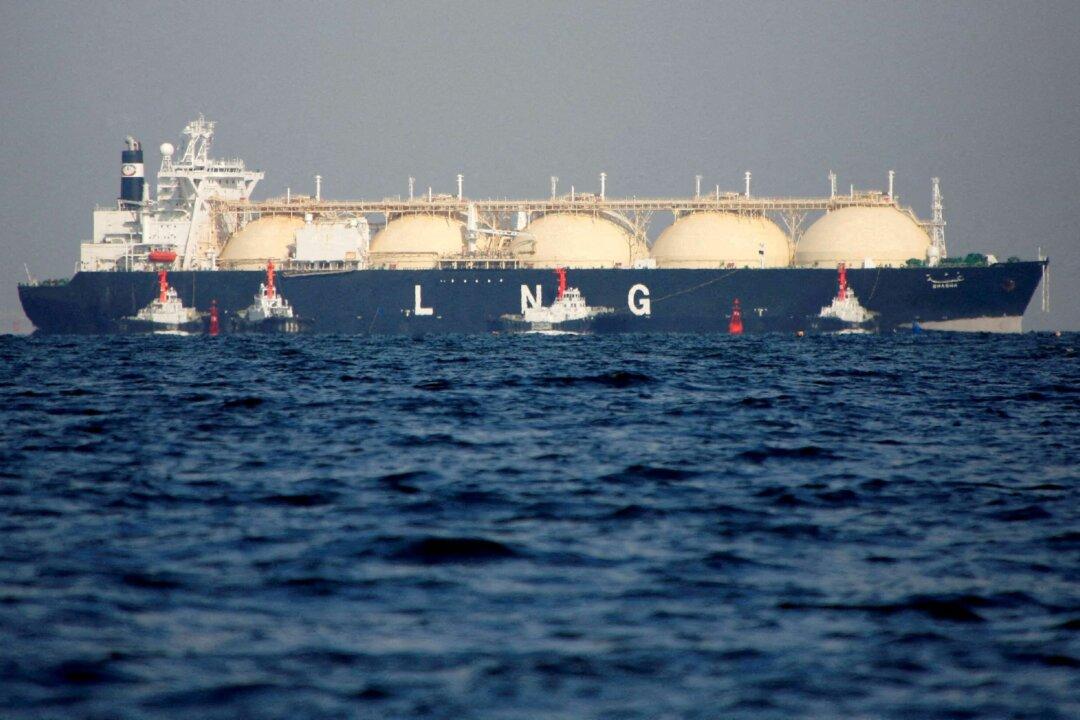SINGAPORE—Asia’s liquefied natural gas (LNG) demand growth may cool this year as buyers baulk at record-high spot prices pushed even higher by Europe’s shift to the super-chilled fuel amid the Ukraine crisis, analysts and industry sources said.
High spot prices since late last year have already slowed trade and are likely to crimp demand growth of the fuel in Asia - the largest consuming region—even as some countries see widening gas supply deficits as domestic production falls.





